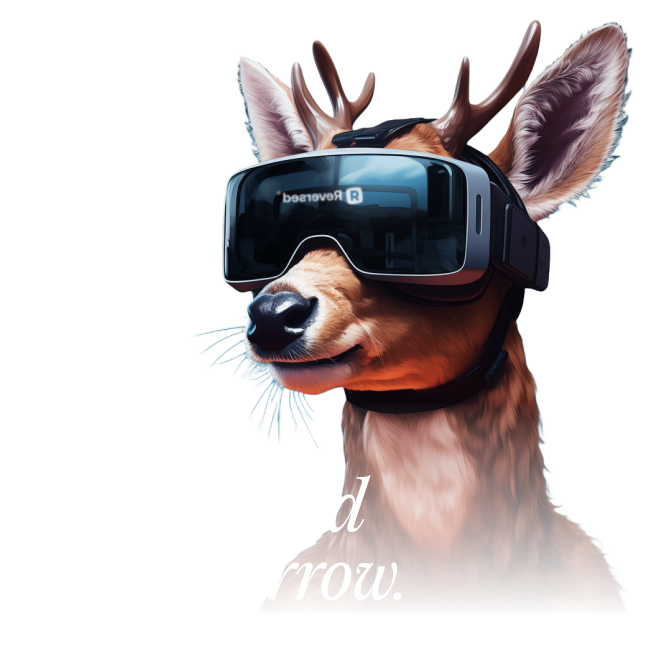Doing Things that Don't Scale with Stanley Tang
Why focus on scaling if you first need to find product-market fit for your product? That's exactly what Stanley Tang, co-founder and Chief Product Officer of Doordash, a food delivery service, and his team did with their first launch of Doordash.
He shares three main learnings in his talk at YC.
- Test your hypothesis
- Launch fast
- Do things that don’t scale
Test your hypothesis
Stanley wanted to start a digital service for small business owners, so he sat down with a local macaron shop owner. The owner mentioned that they received a lot of delivery orders but they couldn’t fulfil them. Multiple other restaurants in Palo Alto faced with the same problem.
The team at DoorDash knew they had a problem they could solve. This is what Stanley said about this:
“Delivery is such an obvious thing. Why hasn’t anyone solved this before? We must be missing something. Maybe people have tried this in the past but failed because there wasn’t consumer demand. So we thought, okay, how can we test this hypothesis?”
To test this delivery service hypothesis, they quickly built a landing page with PDF menus from local restaurants in Palo Alto.
Stanley said: “We weren’t really expecting anything. We just launched it, and all we wanted to see was would we get phone calls from this? If we got enough phone calls then maybe this delivery idea was something worth pursuing.”
On the same day they launched their landing page, they already received their first phone call. On the second day, they had two phone calls, and the following day they had even more.
“Soon we started gaining traction on campus with Palo Alto Delivery, which was pretty crazy because it was just a landing page, you had to look up PDF menus to place your order, and then you had to call in… That’s kind of when we knew we were onto something.”
Starting with a small product gave them the advantage to test their hypothesis quickly.
Launch fast
Here is what stanley says about how they launched quickly with Doordash:
“I think another key point to remember is that we launched this in about an hour. We didn’t have any drivers. We didn’t have any algorithms. We didn’t spend six months building a fancy dispatch system… At the beginning, it’s all about testing your idea, trying to get this thing off the ground, and figuring out whether this was something people even wanted.”
I think it’s valuable to be able to try out different business models in a short amount of time. If you launch fast, you can focus solely on the business model, which is crucial for finding a product-market fit for your business.
Do things that don’t scale
The main benefit of doing things that don’t scale is the ability to pivot quickly. Utilizing tools or SaaS software to launch your product without having to build it first is beneficial for your cash flow
This is what Stanley says:
“At YC there’s this mantra we like to talk about: ‘Doing things that don’t scale.’ At the beginning, we were the delivery drivers. We were customer support… We used Square to charge our customers. We used Google Docs to keep track of our orders. We used Apple’s Find My Friends to keep track of where all our drivers were. Just hacking together solutions just trying to get this thing off the ground.”
He continues: “Another thing about doing things that don’t scale is that it also allows you to become an expert in your business. Driving helped us understand how the delivery process worked. We used that as an opportunity to talk to our customers and restaurants. We manually dispatched every driver, and that helped us figure out what our driver assignment algorithm should look like… Now of course, we’ve scaled across different cities and have to worry about building out automated solutions and dispatch systems and figuring out how to match demand and supply, and all that fancy technology stuff. But none of that matters in the beginning. At the beginning, it’s all about getting this thing off the ground and trying to find product/market fit.”
In the first few months, the founders also took the time to send emails to every new customer, just to check in and see how their first delivery went: “Feedback like that was really valuable and our customers really appreciated that… Doing things that don’t scale is one of your biggest competitive advantages when you’re starting out. You can figure out how to scale once you have demand.”
My main take-away
In the MVP phase, it’s crucial to obsessively focus on solving the right problem for your customers. This mindset is also important when validating new features. Investing effort and time into building a feature without confirming its necessity for your customers can significantly impact your business, as it distracts your attention from creating value for your customers.
Once you've identified the initial product-market fit, you can shift your focus to making your product more scalable. By then, you already know there is demand for it.


